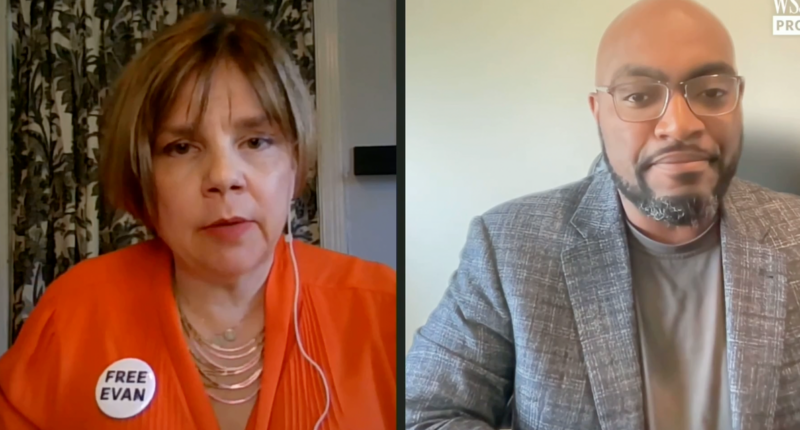
Retail giant Walmart said artificial intelligence is helping it to make sense of the data its security systems generate, and to spot patterns that its analysts might miss. Generative AI systems like ChatGPT might enhance that ability further.
Rob Duhart, Walmart’s deputy chief information security officer, said the sheer amount of information the company handles means that some form of automation is essential.
“There’s scale, and then there’s Walmart scale,” he said, speaking at the WSJ Pro Cybersecurity Forum held virtually Wednesday.
With around 10,500 stores globally and 2.3 million employees, the company scans around 11 billion lines of code each year, Duhart said. Its cybersecurity tools generate around 6 trillion data points annually, and it blocks 8.5 billion malicious bots a month.
Walmart has developed a number of AI tools in-house, given that off-the-shelf products typically can’t handle the vast body of data it needs to analyze, Duhart said. It’s also a problem for human analysts, who can’t comb through the information they need quickly enough.
Generative AI systems, popularized by apps such as OpenAI’s ChatGPT, which allow users to interrogate data with conversational queries, hold promise for solving this issue, he said. The tools could rapidly allow analysts to hunt for specific factors that might indicate suspicious cyber activity.
“We’re excited about being able to potentially do that more quickly, more capably and more regularly,” he said. Walmart often shares the insights generated by its systems and analysts with suppliers and business partners, the federal government and even competitors, he said.
“While we’re proud of our capability and we work to have as world-class a capability as possible, we don’t really look at cyber as a place for competitive advantage,” he said.
Duhart said Walmart uses and contributes to Atomic Red Team, an open-source attack simulator that mimics the behavior of hackers to test how systems respond. Walmart staff are responsible for around 40% of the project’s contributions since 2017, he said.
Despite the value he sees in AI, Duhart said human control remains important, to guide where tools are deployed and to provide a level of intuition that automation lacks. An algorithm may recognize a pattern faster than a human can, for instance, but it might lack the context that an analyst can deliver.
“I’ll tell you, there’s nothing like a human that remembers ‘10 days ago, I was in the same point, I saw the same behavior. That might not be an accident and we might want to dig into that.’”
He said that AI at Walmart is implemented in a “guided” fashion, meaning that it is purposefully directed toward problems, rather than being left to its own devices.
“Sometimes a common mistake when approaching automation is to set it and forget it. We’ve seen from experience that the human in the loop, and the human touch, is essential,” he said.
Write to James Rundle at [email protected]
Copyright ©2022 Dow Jones & Company, Inc. All Rights Reserved. 87990cbe856818d5eddac44c7b1cdeb8









